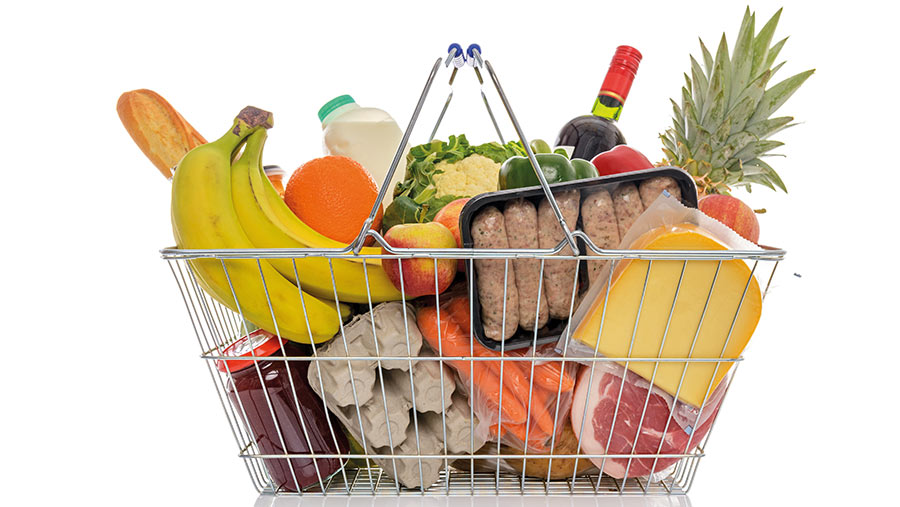Editor’s view: Voluntary price cap is the silliest food policy yet
 RTimages/Adobe Stock
RTimages/Adobe Stock Is there a secret pact between Labour and the Tories to see who can infuriate the countryside more?
Just when you think you’ve heard every curious idea thought up by the government, along comes a story that it is investigating whether to persuade retailers to agree to a voluntary cap on the price of certain essential foods.
There has been plenty of detailed criticism of why this is a hare-brained scheme from the free-marketeers, explaining how this sort of old-fashioned intervention isn’t effective as it has an unhelpful distorting effect.
See also: Editor’s view: Timid tenancy reform is no bad thing for now
Others rightly point out that there is no way this could be imposed without penalising farmers and food processors, who are already operating on wafer-thin margins.
Isn’t it simpler than that, though? What on earth is the point of a voluntary price cap?
Either you are a policymaker who believes there is a problem that requires government intervention to fix, therefore you are going to do something about it, or there isn’t a problem, in which case you should do nothing.
An alarming amount of politicians’ time is now spent in this wishy-washy middle ground where they feel compelled to indicate they are aware there is a problem (see also the recent Farm to Fork food summit), but then do very little about it.
Are they not aware that this makes them seem twice as helpless and useless than if they had done nothing at all?
This has been the overriding theme of the blue camp this week, no doubt frustrating Defra ministers and officials, who have publicly had less to do with the price cap proposal than Number 10.
They would have preferred to have spent more time talking about their renewed offer for the uplands.
This week in the red camp, we have the news that a future Labour administration would limit the compensation paid for farmland acquired for housing to its agricultural rather than commercial value.
It is understandable that Labour is making a play for the pro-housebuilding vote given the ever-increasing number of voters unable to get on the property ladder.
But it seems curious in the extreme that in their effort to pile up votes in urban areas, they are overlooking their biggest opportunity in decades to win a slew of rural seats, as revealed by this week’s CLA survey of voting intentions in the countryside.
Perhaps it is a calculated gamble. If rural voters in Tory seats stay at home during the next election, it may well serve Labour just as well as them changing sides.
Or are they even confident enough that despite a few anti-rural policies, many will still grit their teeth and back them?
All of this still has the feel of a phony war, even if behind the scenes all parties are now gearing up for an election in earnest.
Things may well look very different from where you’re sitting come voting day.
Hopefully, where you won’t be sitting this summer is a seat that has been shredded through overuse and the less-than-tender attention of a bored terrier.
As the price of grain and milk heads south, we have another timely reminder in the Business section this week about the financial implications of depreciation, and why even businesses that routinely buy new kit are stretching the lifetime of machines for an extra two or three years.
So, if you want to hang on to that tractor for another season without compromising on comfort, turn to the machinery section after for our guide to refurbishing and replacing seating.

